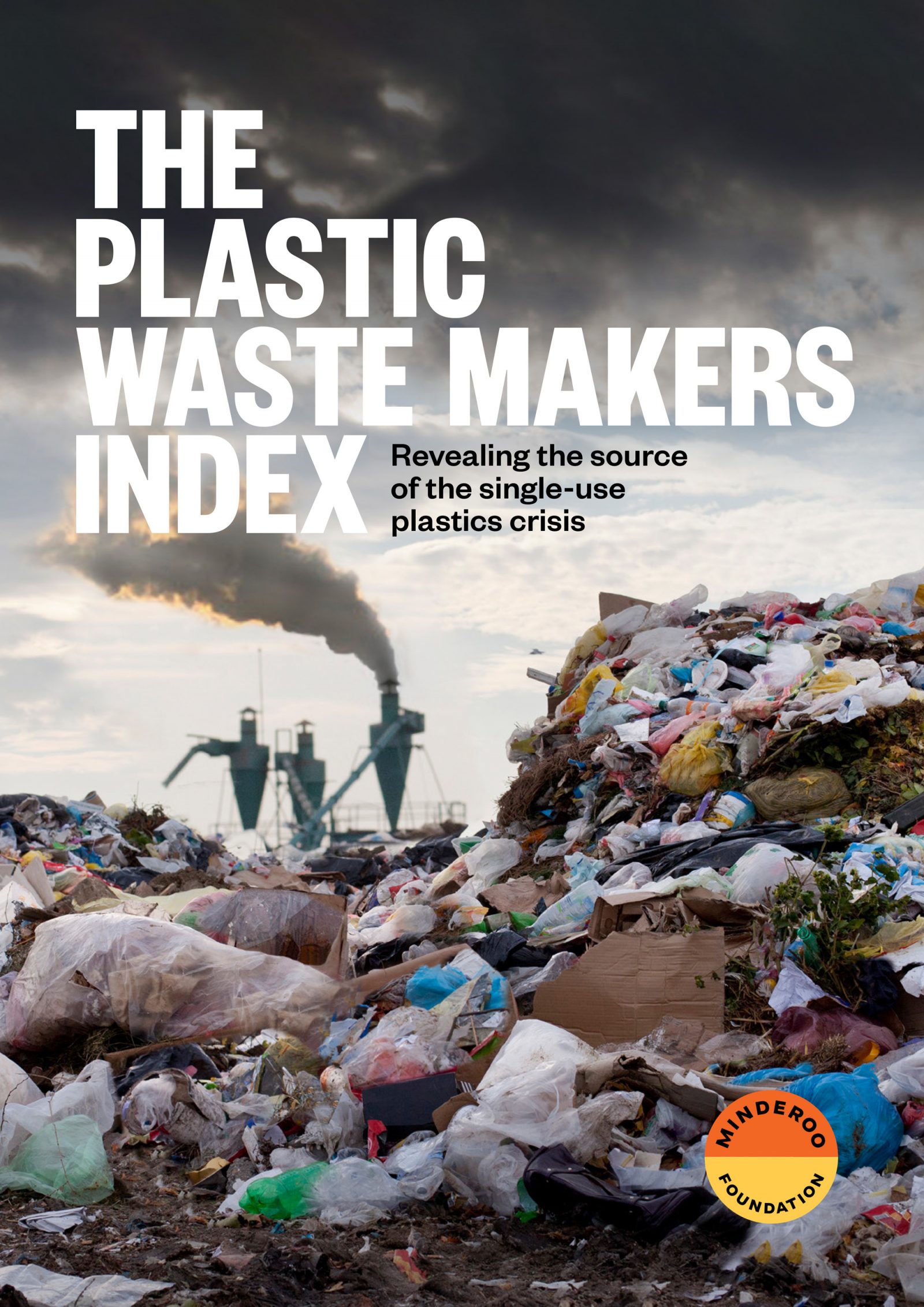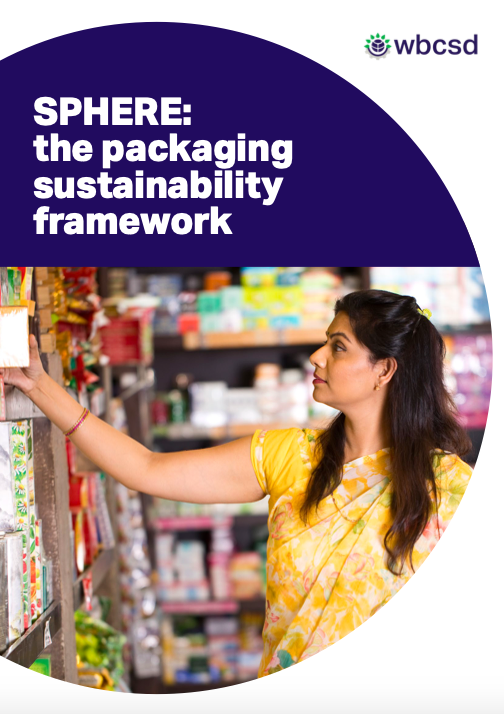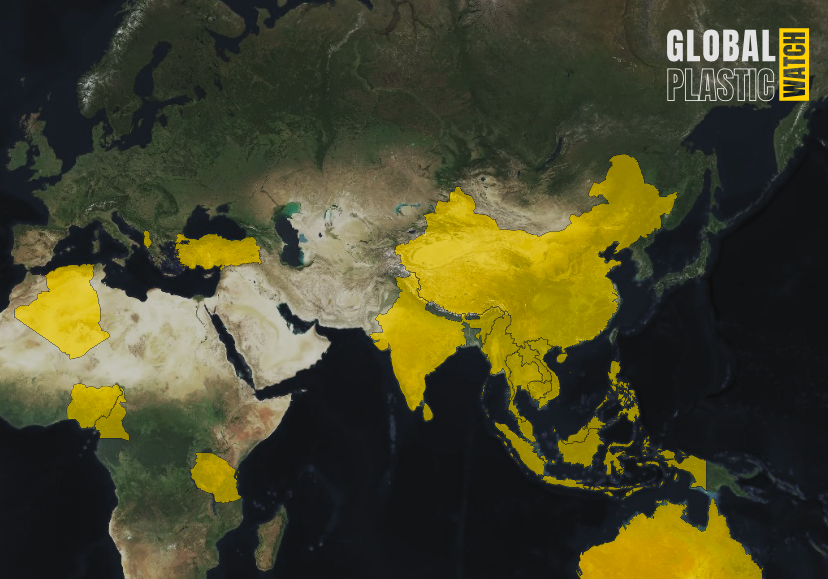Packaging Waste
Description
Including single-use and multi-material packaging; single-use plastics; glass, aluminum, steel, paper and paper board, textiles and other packaging waste.
Share this Subissue on:LinkedIn
Resources
Packaging Waste: A Getting Started Guide
Packaging plays an important role in protecting the products we use. Yet, the quantity of packaging waste we produce, its widespread mismanagement, and a lack of effective collection and recycling options result in waste ending up in landfills or making their way into the environment with concerning impacts. Anchored in research, our Packaging Waste: A Getting Started Guide aims to support your company as it begins or revisits a sustainable packaging strategy. It helps build a foundational understanding of the issue and provides clarity on the work ahead.
Turning off the Tap: How the world can end plastic pollution and create a circular economy
This comprehensive report from the UN Environment Programme examines the economic and business models needed to address the impacts of the plastics economy. The report is divided into four parts, highlighting the case for ending plastic pollution and pursuing a better plastics future; the need and pathways for a marketplace transformation to create a new circular plastics economy; the legacy of plastic waste and pollution; and the changes in policy and legislation required to credibly address the global plastics problem. This resource can help you to understand that these solutions are available now, and that a systems change will result in a wide range of economic benefits while also reducing the harm to human health and the environment. This roadmap will be especially beneficial for sustainability practitioners, procurement specialists, designers, and policy leads that want to better understand their role in the transition to a circular economy.
Transparent 2023 Annual ReSource: Plastic Progress Report
This annual report from ReSource: Plastic and WWF provides an update on how member companies are addressing plastic pollution and identifying new opportunities to maximise positive impact. In addition to highlighting results and progress, this report provides recommendations for action both internal to company supply chains and across wider multi-stakeholder efforts. This is a good source of information for change agents that want to learn about the efforts of multinational corporate leaders in reducing their plastic waste.
The Plastic Waste Makers Index
This groundbreaking report from the Minderoo Foundation reveals the perpetrators and enablers of the plastic waste crisis, and highlights both the trajectory of this issue and the impacts it will have on peoples and the environment. This report can help you to understand which companies are driving this crisis; which companies are making real efforts to create a circular plastics economy; and how virgin polymer production is expected to grow or decline in the future.
Plastic & Climate: The Hidden Costs of a Plastic Planet
This report is a good deep-dive for business leaders, sustainability change agents, and packaging and procurement professionals who want to learn more about the impact of plastics on greenhouse gas emissions, global carbon budgets, and emissions-related commitments. The report examines the emissions from each stage in the plastic life-cycle, as well as uncertainties that can result in underestimating the impacts of plastic on the atmosphere. It also uses data - such as downstream emissions and future growth rates - to consider how current trends and projections will impact our ability to reach agreed emissions targets.
Global Plastic Laws
This platform, a collaborative project managed by the Plastic Pollution Coalition, can help your sustainability and legal teams understand the current state of plastic regulations around the world. It includes a geographic map that allows you to view plastic laws by country, and includes a resource library that compiles relevant news, guides, notable legislation, and more.
SPHERE: the packaging sustainability framework
This resource from WBCSD can help you to take a more rigorous approach to implementing sustainable packaging solutions, either at the company-level or for a specific product. The framework provides a holistic definition of packaging sustainability that is founded on six guiding principles: minimise the drivers of climate change; optimise efficiency; optimise circularity; optimise end of life design; avoid harmful substances; and minimise the drivers of biodiversity loss. The framework then introduces a four-step approach that supports users with scoping their assessments, selecting methodologies, and setting thresholds.
Global Plastics Outlook: Economic Drivers, Environmental Impacts, and Policy Options
This resource from the OECD is the first report to comprehensively take stock of current plastics production, use, and waste generation; uncover the underlying economic drivers; and map the related environmental impacts on a global level. The report provides information on a range of essential and related topics, including plastics flows, their impacts on the environment, and key levers for bending the curve on plastics, such as secondary plastics markets, innovation on plastics, domestic policy measures, and international cooperation and collaboration.
Although intended for policymakers, this report can help you to understand the need for a whole of life-cycle approach and better assess (and thus support) policies that advance the sustainable and circular management of plastic materials.
Enabling corporate plastics disclosure: Building a corporate accountability system for plastic pollution
This white paper from WBSCD proposes an accountability system that can help your company comply with future regulation on plastic pollution. The system features four stages: 1) setting a goal for the transition to circular economy, 2) create a plastic pollution action plan, 3) using accurate plastic pollution accounting metrics, and 4) reporting on these the metrics externally. This paper would be most helpful for sustainability change agents and compliance professionals.
Towards Ending Plastic Pollution by 2040: 15 Global Policy Interventions for Systems Change
This report from Systemiq can help you understand the scale of intervention required to address the impact of plastic pollution. It presents two scenarios: "Business-as-Usual," based on our current trajectory of plastic pollution, and “Global Rules,” which explores what plastic pollution may look like in 2040 if a global set of far-reaching policy interventions are adopted. The report estimates the environmental, social, and economic benefits of these interventions. These insights will be most useful to sustainability and public affairs teams interested in pushing for policy advocacy on plastic pollution.
Global Plastic Watch
This digital platform maps and monitors plastic pollution in near-real-time through satellite imagery and artificial intelligence. This tool can help you to make evidence-based decisions on how to support global efforts to manage and mitigate plastic pollution.
Plastic Overshoot Day 2024 Report
This comprehensive report from Earth Action can help you to better understand (and communicate) the scale of the plastic pollution crisis, including the contributions of individual nations. The report provides a high level summary of plastic pollution trends globally; highlights how improvements in waste management are being outpaced by patterns in plastic production and disposal; and fills key knowledge gaps related to micro- and macro-plastic leakage.
Evaluating Progress on Plastic Pollution Mitigation: Circularity & Plastic Footprint
This visually engaging report from Earth Action and WBCSD can help you understand how your company can reduce its plastic pollution. It evaluates the plastic pollution from a hypothetical company's operations under four scenarios up to the year 2040, where each scenario has a different combination of circularity actions and waste management strategies. The report finds that strong circularity action does not always correspond to plastic pollution reduction, and concludes that companies must adopt strategies to both reduce plastic usage (e.g. turning off the tap) and improve circularity. These insights have implications across the value chain that will be useful to design, supply chain management, communications, and sustainability teams.
Plastic-Free Packaging Design Guide
This guide from Google can help you to transition towards plastic-free packaging. It features insights from Google's design, engineering, and operations efforts to create plastic-free packaging that is more easily recycled. The guide highlights the key challenges of moving away from plastic packaging and provides comprehensive information on replacements that Google has developed and implemented. This resource would be of particular benefit to sustainability and R&D professionals.












